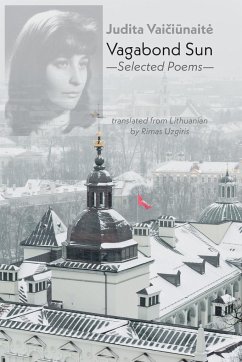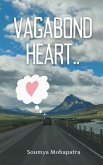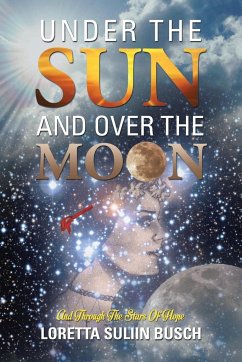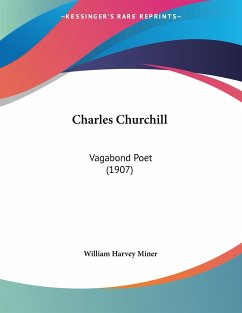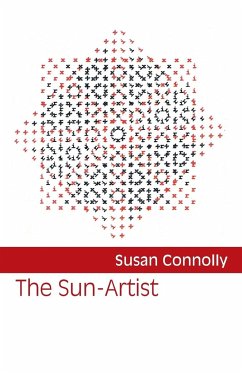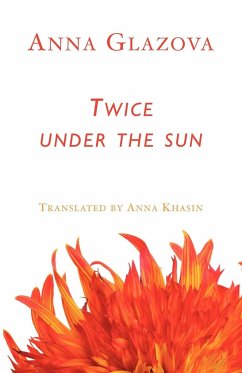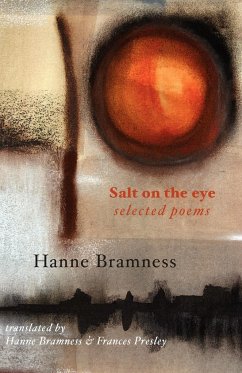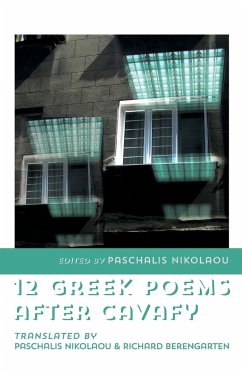In the post-war period, when most poets in Lithuania were writing about politics, or when they were focusing their lyricism on the pastoral, Judita Vai¿i¿nait¿ (1937-2001), without ignoring either politics or her bonds with nature, became a poet of the city. Instead of paeans to forest and farm, we find flowers growing out of cracks on the sidewalks, trees dropping their petals over garbage heaps, and run-down buildings overcome with a rich luxuriance of weeds. Instead of tradition-bound country life, we encounter the cosmopolitan woman discovering herself in cafes, cramped Soviet apartments, and labyrinthine streets. This thematic concern is connected to her style of sharp and sudden contrasts and juxtapositions. Tender lyricism is cut with violence and foreboding. Randomness, sudden change, and danger form parts of her poetic experience as much as the beautiful facade, the church bells, and the cobbled streets. Vai¿i¿nait¿'s city is also the locus of her exploration of the modern woman's identity: single, educated, working, free. There are poems of love and poems of struggle against the restraints of a patriarchal world, of conflicts between the freedom and power to seek her own career path and the responsibilities of motherhood. Nevertheless, Vai¿i¿nait¿ did not disconnect herself from her country's past, writing lyrical poems from the perspective of historical and mythological figures. Notably, her personages are often woman. As a result, the voices of Lithuanian history and myth have never been richer.
Hinweis: Dieser Artikel kann nur an eine deutsche Lieferadresse ausgeliefert werden.
Hinweis: Dieser Artikel kann nur an eine deutsche Lieferadresse ausgeliefert werden.

